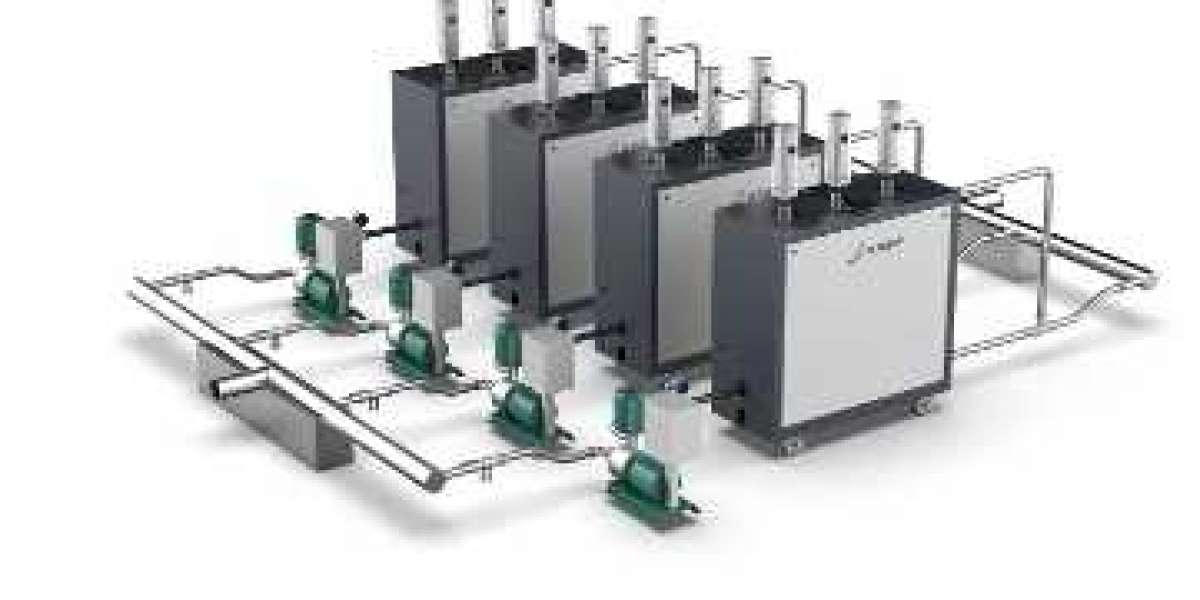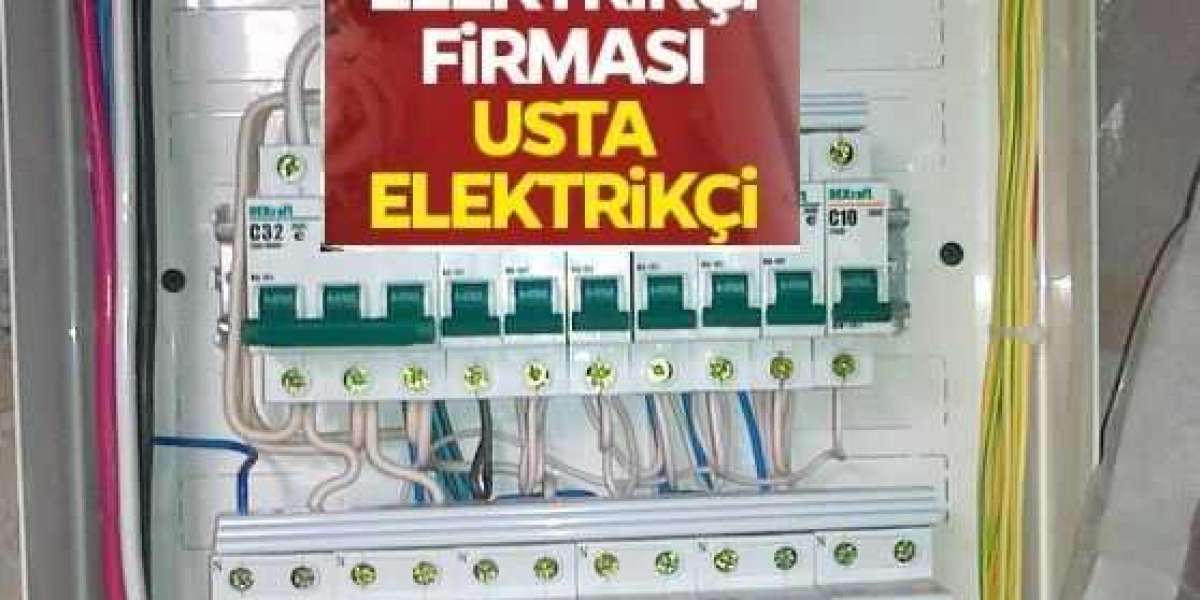In recent years, the automotive industry has been rapidly transitioning towards electric vehicles powered by lithium-ion batteries. With the increasing demand for electric vehicles, there is a growing need for reliable and efficient battery technologies. Ultrasonic technology has emerged as an effective tool for enhancing the performance and lifespan of lithium-ion batteries in the automotive industry.
One of the major challenges faced by lithium-ion batteries is the formation of solid deposits on the electrodes, which can significantly reduce their capacity and efficiency. Ultrasonic waves can be used to break up these deposits, thereby increasing the performance and lifespan of the batteries. This process, known as ultrasonic cleaning, is becoming increasingly popular in the automotive industry for cleaning and rejuvenating old batteries.
Another application of ultrasonic technology in the lithium-ion battery industry is the production of high-quality battery electrodes. Ultrasonic waves can be used to disperse nanoparticles uniformly throughout the electrode material, resulting in enhanced conductivity and battery performance. This process, known as ultrasonic dispersion, is particularly useful for producing complex and intricate electrode structures that are difficult to manufacture using traditional methods.
Ultrasonic technology is also useful in testing the quality of lithium-ion batteries. Ultrasonic waves can be used to measure the thickness of battery electrodes with high precision, which is a critical parameter for assessing battery performance and durability. This measurement process is non-destructive, which means that the batteries can be tested without causing any damage.
In conclusion, ultrasonic technology is a valuable tool in the automotive lithium-ion battery industry. It offers a range of benefits including improved battery performance and lifespan, enhanced manufacturing efficiency, and accurate non-destructive testing. As the demand for electric vehicles continues to grow, the role of ultrasonic technology in the battery industry is set to become increasingly important.








